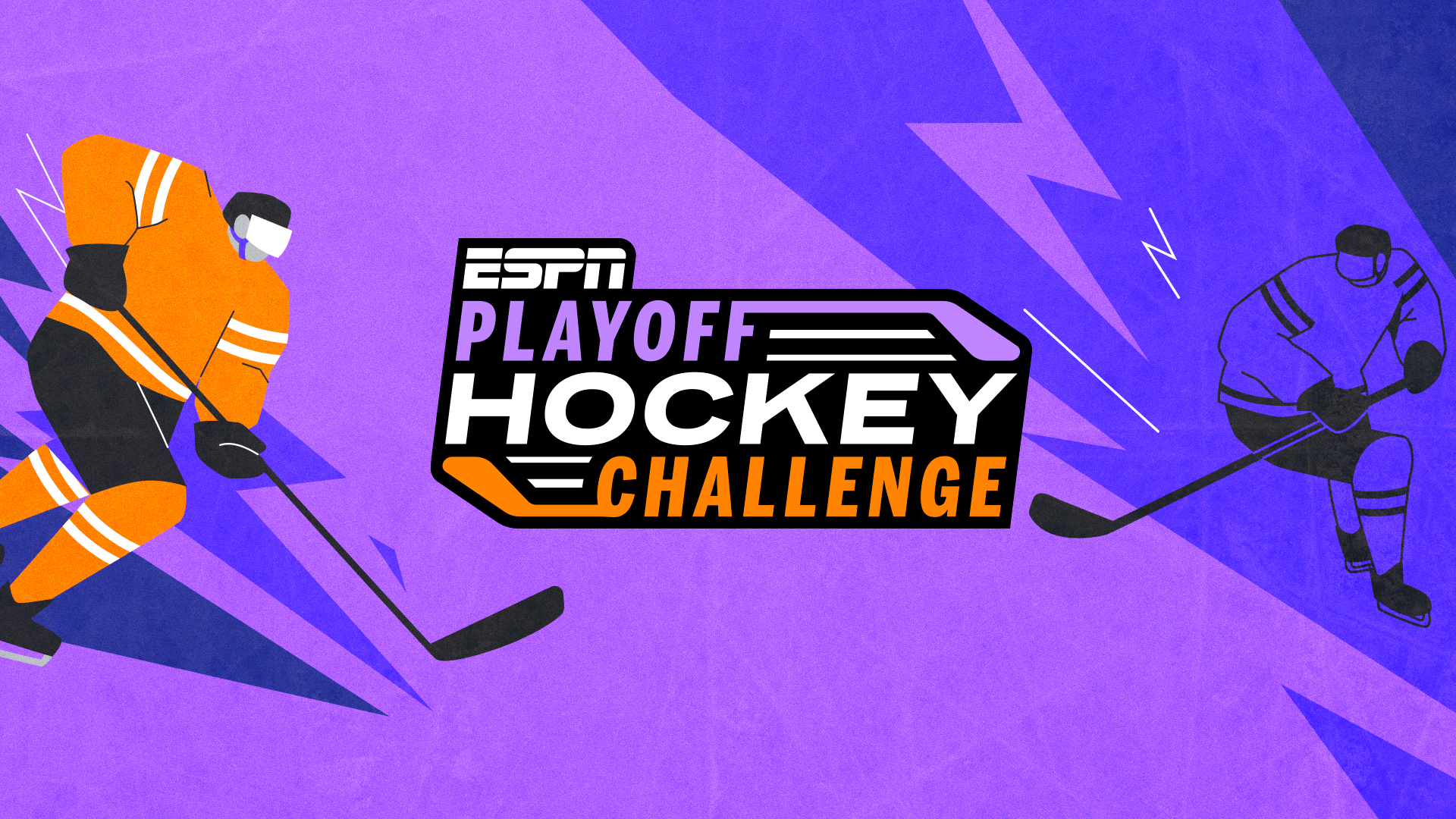Rachel Doerrie
The 2025 Stanley Cup playoffs begin Saturday after a riveting playoff race in both conferences. How lucky we are to have the Battle of Ontario, Battle of Florida, the Mikko Rantanen Bowl and Round 4 of Kings-Oilers in the first round.
Many years, the initial round of the playoffs seems to produce the highest quality of series, since it is before teams lose players to injury. This year, there are real rivalries and intrigue right off the hop.
Every team has a chance to win it all, but not every team is a true contender. Then, there are the teams who are contenders on paper but have a habit of folding in the playoffs — looking at you, Toronto and Winnipeg.
The common denominator is that every team has a fatal flaw. An issue that could be their undoing. The positive? The team that best mitigates its fatal flaw and gets some luck is likely to lift the Stanley Cup in June. Here’s a look at those major flaws for the 12 top contenders.

EASTERN CONFERENCE

The Capitals surprised many by finishing atop the Eastern Conference, backed by quality goaltending, excellent seasons from Dylan Strome, Pierre-Luc Dubois and Jakob Chychrun, and breakouts from Aliaksei Protas and Connor McMichael. (And the record-breaking season from Alex Ovechkin.)
Editor’s Picks
2 Related
The Caps had the best 5-on-5 shooting percentage this season, converting on 10.69% of their shots. That would explain the significant increase in production by quite a few of their offensive players. Looking deeper, the Caps scored slightly more per game (2.71) than they gave up (2.50) at 5-on-5.
According to Sportlogiq, Washington gained many of its standing points impact through finishing and goaltending. History shows that those two things are the most volatile in the playoffs. Neither Logan Thompson nor Charlie Lindgren has significant playoff experience, and while it should be enough to see them through the first round, the Capitals’ fatal flaw is that their shooting luck can dry up at the worst possible time, and their goaltenders have been inconsistent of late.
The Caps are a good team, but their underlying numbers suggest they may not be good enough to withstand a shooting regression in the later rounds.

The Maple Leafs are in the contender category because they finished atop the Atlantic Division, and not because they’ve had any recent playoff success. (They haven’t.) On paper, the Leafs have excellent goaltending and strong defense and play a system that is more conducive to playoff success. The Leafs won their division with (relatively) down seasons from Auston Matthews and Morgan Rielly, but more staunch defending as a group.
None of that matters when the playoffs get underway. The Leafs’ fatal flaw has been the same for nearly a decade: the demons. For more than a few seasons, the Leafs have been the better team heading into their first-round matchup, and then their offense dries up, their goaltenders get outplayed and the end-of-season news conference happens before May.
The Leafs play a more boring brand of hockey with Craig Berube behind the bench: better defending, tighter checking and an offense structured around net-front play. But now they must also battle the demons within. Their best players are some of the best in the world. When those players perform at their peak, they are Toronto’s greatest strength. When they get outperformed, they are Toronto’s biggest flaw.

Every year we think the Lightning are going to take a step back, and then Jon Cooper’s team proves us wrong. Many wondered what the impact of saying goodbye to Steven Stamkos would be; Tampa Bay heads into the playoffs with another Hart Trophy nominee-worthy performance from Nikita Kucherov, an excellent season from Andrei Vasilevskiy in goal and other standout performances from Brayden Point, Brandon Hagel and Victor Hedman.
The Lightning remain a quality hockey club, and they have one thing that many other teams don’t: They know how to get it done in the playoffs.
Tampa Bay’s fatal flaw is their luck running out. They have the highest 5-on-5 goal differential above expected, according to Moneypuck, finishing fifth in goals scored above expected and fourth in goals saved above expected, and they own the highest PDO — meaning they’ve had quite a bit of puck luck already.
Furthermore, Vasilevskiy has faltered in the past two playoff runs, finishing with a save percentage under .900 in each series. The Lightning need Vasilevskiy to outplay Sergei Bobrovsky in the first round if they are going to get by the defending Cup champions. Ultimately, the Lightning’s undoing may be their best players losing the war of attrition due to their age.

The Hurricanes have been a fun team to root for over the past few years, and their fatal flaw has been the opposite of Tampa Bay’s regular season: a lack of offensive output and faulty goaltending.
Their system is predicated on puck possession and control, not necessarily direct offense and high-danger scoring chances. Carolina is a soundly built team, with depth at forward and quality on defense, and the addition of Alexander Nikishin only adds to that. The Hurricanes are a well-rounded team that plays with speed and generates scoring chances.
Carolina’s goaltending is its fatal flaw this season, with only Frederik Andersen posting a save percentage above .900. Andersen and Pyotr Kochetkov are going to have to stop enough pucks to allow Carolina to get by winning games 2-1 or 3-2, because the shooting percentage and goal differential above expected rank in the bottom half of the league. The Hurricanes do not make their own luck, and while they are one of the best secondary scoring teams, they need their goaltending to step up to avoid another premature playoff exit.
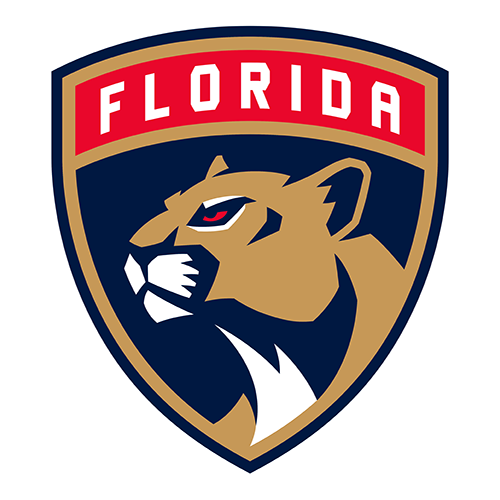
The defending Cup champions placing third in their division is a testament to how brutal the Atlantic is. Tampa Bay, Toronto and Florida all have a legitimate case to be a Cup finalist on paper.
Breaking News from Emily Kaplan
Download the ESPN app and enable Emily Kaplan’s news alerts to receive push notifications for the latest updates first. Opt in by tapping the alerts bell in the top right corner. For more information, click here.
The Panthers’ biggest flaw is their revolving door lineup. Florida was decimated with injuries to key players down the stretch, and while those players are going to be available for the playoffs, it is unlikely they will be completely healthy.
Florida needs Aleksander Barkov to compete with other teams in the division, and it needs Matthew Tkachuk for his scoring and general roughhousing. There is no shortage of that on the roster with Sam Bennett and Brad Marchand, but can the Panthers stay disciplined enough to remain effective? How will Aaron Ekblad play after returning from his extended performance-enhancing substance suspension?
The playoffs are about feel, and there is a real chance that important players missing significant time hurts the continuity of the roster. Of all the problems to have, this is the best one. When healthy and firing on all cylinders, Florida is the best team in the East. There isn’t a weak spot in the lineup. If the Panthers can find their groove and endure, they may find themselves playing in June for the third straight year.

WESTERN CONFERENCE

The Jets won the Presidents’ Trophy, which is in itself a potential flaw considering the much discussed “Presidents’ Trophy Curse.” However, that is not their biggest flaw.
Unfortunately, Winnipeg’s major flaw is the same as it has been for a few years now: its Vezina Trophy-winning goaltender come playoff time. Connor Hellebuyck is going to win his second consecutive Vezina, but there is a reason the NHLPA poll did not have him ranked as the league’s top goaltender. The players ranked Vasilevskiy and Igor Shesterkin ahead of Hellebuyck, which is likely a result of their past success in the playoffs.
Hellebuyck recorded just two playoff wins in the past two seasons, has a save percentage of .874 and allowed 9.8 more goals than expected in that span. He isn’t the only reason the Jets lost in the first round in consecutive seasons, but he was a significant part of the problem. When Hellebuyck is at his best, he is nearly unbeatable. The problem is, his best comes in the regular season, not in the playoffs.
The Jets have multiple players who have had career seasons: Mark Scheifele and Kyle Connor up front, and Josh Morrissey in the Norris Trophy conversation on defense. Combined with Hellebuyck, the Jets should be a Cup favorite. If the Jets are going to make the Western Conference finals, they need two things to be true: Hellebuyck must play at Vezina level, and their depth must be able to match up against teams with more offensive talent at the center position.

The Golden Knights are atop the Pacific, and for the first time in years, no one is hollering about long-term injured reserve shenanigans.
Playoff Hockey Challenge
Pick the winners and crown your Stanley Cup champion! Create A Bracket
Jack Eichel has been superb for the Golden Knights this season; he was in the Hart Trophy conversation, and may also be nominated for the Lady Byng. Outside of Eichel, the Golden Knights get key offensive production from Tomas Hertl, Mark Stone, Pavel Dorofeyev and Ivan Barbashev. They are one of the deepest teams in the NHL at forward and on defense.
Outside of remaining healthy, which has been an issue for Vegas, the team’s fatal flaw is the penalty kill. Minnesota will be a tough test for Vegas with a healthy Kirill Kaprizov and Joel Eriksson Ek, as well as Brock Faber and the newly signed Zeev Buium, in the mix. The Golden Knights rank 26th on the penalty kill this season, with only the Wild and St. Louis Blues below them among playoff teams.
It is vital that the Golden Knights lock down their penalty kill, because if they get by Minnesota, teams in the West have some elite power-play talent (Connor McDavid, Leon Draisaitl, Cale Makar, Nathan MacKinnon, Mark Scheifele, Kyle Connor, etc.) that could be a key difference-maker in a series.
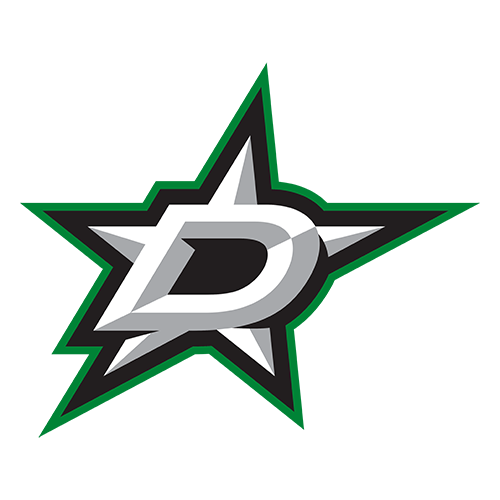
The Stars are a fun hockey team, but they have the most glaring flaw of all the contenders. The absence of Miro Heiskanen due to injury is going to leave an enormous hole, and makes Colorado the favorite in the series.
With Heiskanen, the Stars can ice two defenders in the Norris conversation, with Thomas Harley being the other. Without him, they are going to have issues managing Colorado’s depth.
Their forward depth is among the best in the league, but the trickle-down effect of not having Heiskanen may be enough to undo them in the first round. Should Heiskanen return at any point, Dallas immediately leaps to the top of the Western Conference contender pile. Heiskanen is a true needle mover, and Dallas needs him to take a run at the Cup. Unfortunately for the Stars, their fatal flaw is not a systematic fix and is entirely out of their control.
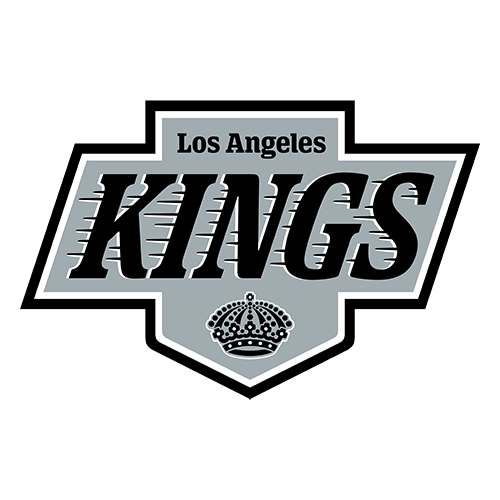
The Kings are a well-rounded team benefiting from excellent goaltending and balanced offensive production. Anze Kopitar remains one of the best two-way centers in the NHL, and the Kings do not have a single point-per-game player. Through a balanced offensive lineup and depth on defense, the Kings are 17-4 with a +41-goal differential and 56.2% expected goal percentage since the trade deadline. They have been one of the best teams in the NHL over that span and are peaking at the right time.
Their major flaw is the power play. Power-play opportunities don’t come around often in the playoffs, and the Kings will need to score on more than 15% of their opportunities to have playoff success. Their 5-on-5 play is among the best in the NHL and will allow them to dictate pace of play and control the game. Facing off against some of the top power plays in the West, the Kings must find a way to produce with the man advantage to avoid another first-round exit.

The Avalanche may have finished third in the Central, but many believe they are the best team in the West. Nathan MacKinnon and Cale Makar are having seasons that will earn them Hart Trophy votes. The addition of Mackenzie Blackwood has stabilized the goaltending, and allows Colorado to confidently compete with the Stars (Jake Oettinger) and Jets (Connor Hellebuyck).
Brock Nelson and Charlie Coyle have contributed admirably after coming over in trade, and give Colorado some of the best center depth in the NHL. More importantly, the Avs are expected to get Gabriel Landeskog back after a three-year absence. Not only will that boost the middle of the lineup, but it will also significantly boost the vibes in the locker room.
On paper, the Avs don’t have a fatal flaw, which is crazy to say given they traded their second-best forward Mikko Rantanen earlier this season (and will see him in the first round).
The sneaky undoing for the Avs may be Dallas Stars coach Peter DeBoer. The Avs struggled to score against Dallas in the playoffs last year, and DeBoer has beaten the Avs in the playoffs with three different teams. He knows how to scheme against this team, and sometimes, it comes down to coaching. Jared Bednar is an excellent coach, but if the Avs have a fatal flaw outside of Blackwood’s lack of playoff experience, it may be that Bednar gets outcoached.
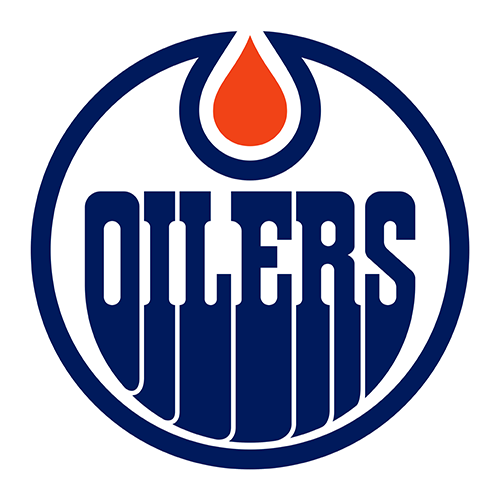
Coming off a Game 7 loss in the Stanley Cup Final, the Oilers are in a more precarious position this year. Already thin on defense, they should be the underdog in their matchup with the Kings because of their fatal flaw: a lack of depth.
Top stories of the week from 
Get exclusive access to thousands of premium articles a year from top writers.
• Final rookie rankings: Castle or Risacher? »
• Connelly: 50 best Final Fours ever are … »
• NFL draft intel for 32 teams: QBs, more »
More ESPN+ content »
Losing Mattias Ekholm to injury is a major blow to the Oilers, like the Stars losing Heiskanen. Ekholm is not Heiskanen by any stretch, but given the Oilers’ blue line he is irreplaceable.
Connor McDavid and Leon Draisaitl missed time toward the end of the season with injuries, and it does not require a Ph.D. to realize that without both players playing at a Hart Trophy level, the Oilers are cooked. The lack of depth was even more noticeable with the departures of Dylan Holloway and Philip Broberg in the offseason, but has been an issue in recent seasons. Ryan Nugent-Hopkins and Zach Hyman regressed to their career play after extraordinary 2023-24 seasons, and the Oilers’ goaltending has been questionable at best.
There are so many ways things can come undone for the Oilers, and it all boils down to their lack of depth at every position. Their goaltenders need to perform well, and their superstars must activate Avengers mode, because the rest of the roster does not have the feel of a true contender.
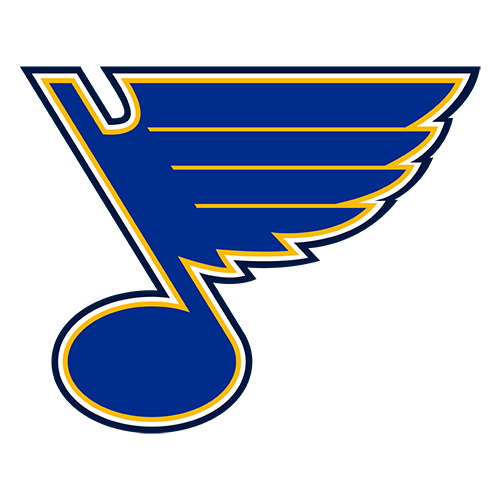
The Blues find themselves here not because they are necessarily a top Stanley Cup contender like the rest of the teams listed, but because we’ve seen them do this before.
Play “Gloria,” anyone?
Since Jim Montgomery was hired on Nov. 24, the Blues have been outstanding. They set a franchise-record 12-game winning streak that saw them go from a 3.5% chance to make the playoffs to qualifying.
There is historical precedent for this franchise making an in-season coaching change before a long playoff run. Craig Berube took over the Blues in January 2019, and the Blues went on a magical run backed by Jordan Binnington’s outstanding play in goal to win the Stanley Cup. Is that likely to happen again? No. Could the Blues upset the Jets? Yes.
St. Louis is the Cinderella team of this year’s playoffs. No one knows when the clock will strike midnight, because there are many flaws to the roster. But the Blues are riding a confidence tsunami, and that is worth something in the playoffs.

